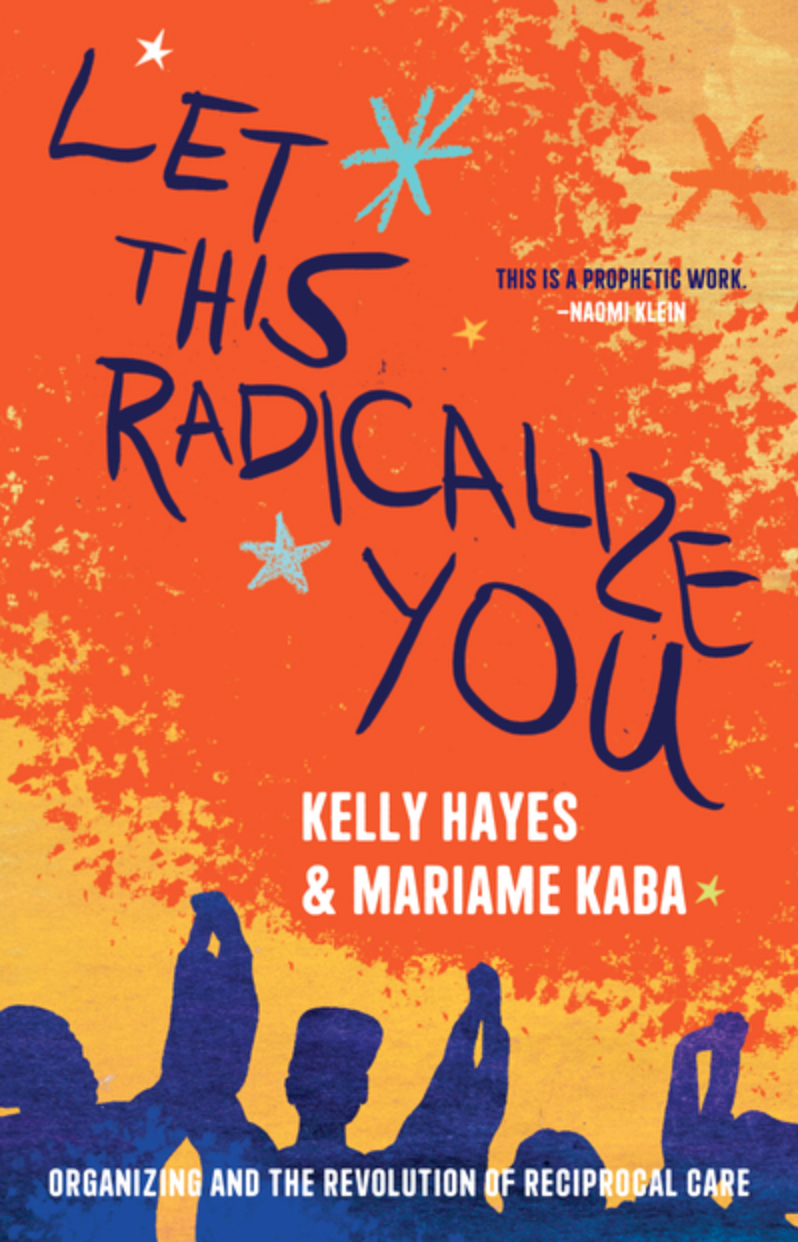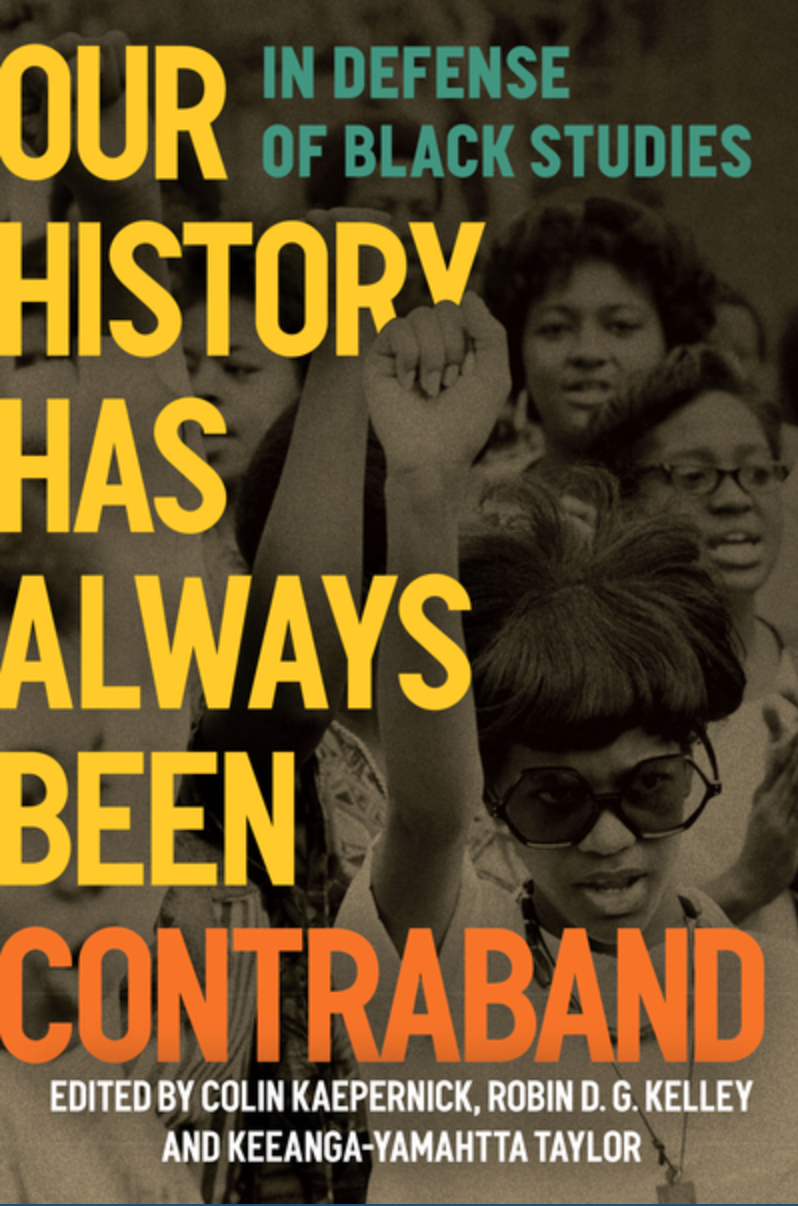Censorship, Parole, and Political Imprisonment
Last year, the largest women’s prison in Mississippi (Central Mississippi Correctional Facility) refused to distribute 23 boxes of materials sent by Study and Struggle. This included nearly 800 books, as well as newspaper articles, discussion questions, parole guides, artwork, and book reviews. As a consequence, most of our study groups did not receive any materials for over an entire year. Censorship is a weapon of fascism which takes as its fundamental task the controlling of people’s thought through legal and extralegal means. It aims to narrow the ideas available to oppressed people to adequately theorize––and effectively act–against their subjugation. Despite this repression, our comrades inside continued to meet, organize, and study together. After a weeklong phone zap and letters of concern from publishers, the boxes were returned to us, many unopened.
boxes of 800 books returned after refusal to distribute by Central Mississippi Correctional Facility
This fall, we will be resending Let This Radicalize You and Our History Has Always Been Contraband as part of our curriculum.
Along with these materials, groups have chosen other materials to read together. These include:
This censorship of reading materials coincided with another wave of state repression in the form of parole denials. In 2019, Mississippi had one of the highest rates of parole grants in the nation at 74%. In 2022, Jeffrey Belk was appointed chairperson. His first year, the board revoked parole for over 2,100 people, a 90% increase. Nearly 1,500 people were set off to the end of their sentence, the highest rate in a decade. Among those denied were the Mississippi Five––Lisa Crevitt, Anita Krecic, Loretta Pierre, Evelyn Smith, and Linda Ross.
The Five are the last of the women sentenced to life with the possibility of parole in Mississippi before the state largely abolished it in 1995. Despite their achievements, personal growth, and even recantations of key witnesses, they continue to be denied parole irrespective of their actions. Instead, they are resentenced again and again by a five-person parole board appointed by the governor. The Mississippi Five have collectively been imprisoned for over 175 years and denied parole 47 times. In August 2024, we launched our Campaign to Free the Mississippi Five.
We must understand the relationship between censorship, parole, the prison, and the state. As political prisoner Marilyn Buck wrote: “Imprisonment is an extreme form of censorship.” She added that women––women political prisoners in particular––experience certain types of censorship:
Women are subject to censorship in a very distinct way from men prisoners. There is a disapproval of who we are as women and as human beings. We are viewed as having challenged gender definitions and sex roles of passivity and obedience. We have transgressed much more than the written laws. We are judged even before trial as immoral and contemptible–fallen women. For a woman to be imprisoned casts her beyond the boundaries of what little human dignity and personal right to self-determination we already have.
We are defective women, defective private property. For example, women who defend themselves against the men who possess and brutalize them are stigmatized, cast out, and censored because they dare to assert that their lives are of equal value as those of men. For political prisoners, this exclusion from society is a weapon to isolate us from the world, to silence our voices and actions as much as possible, to create the context in which to destroy our political identities; and finally, to deny the reality of organized resistance and social opposition within the society. Quintessential political repression.
Study and struggle are necessary and complementary parts of any revolutionary movement. Below, we’ve suggested a few ways you may deepen your connections with the work of incarcerated folks this fall.
Get Involved
Support the Mississippi Five! Visit our website and find ways you can help bring the Five home.
Fight prison censorship! For ways to get involved with Prison Banned Books Week, September 15-21, visit their website. You can also get involved by volunteering with a local books to prisoners program or find other ways to send radical materials inside.
Organize a study group in your community! All of our curricula are free and available on our website in English and Spanish.











